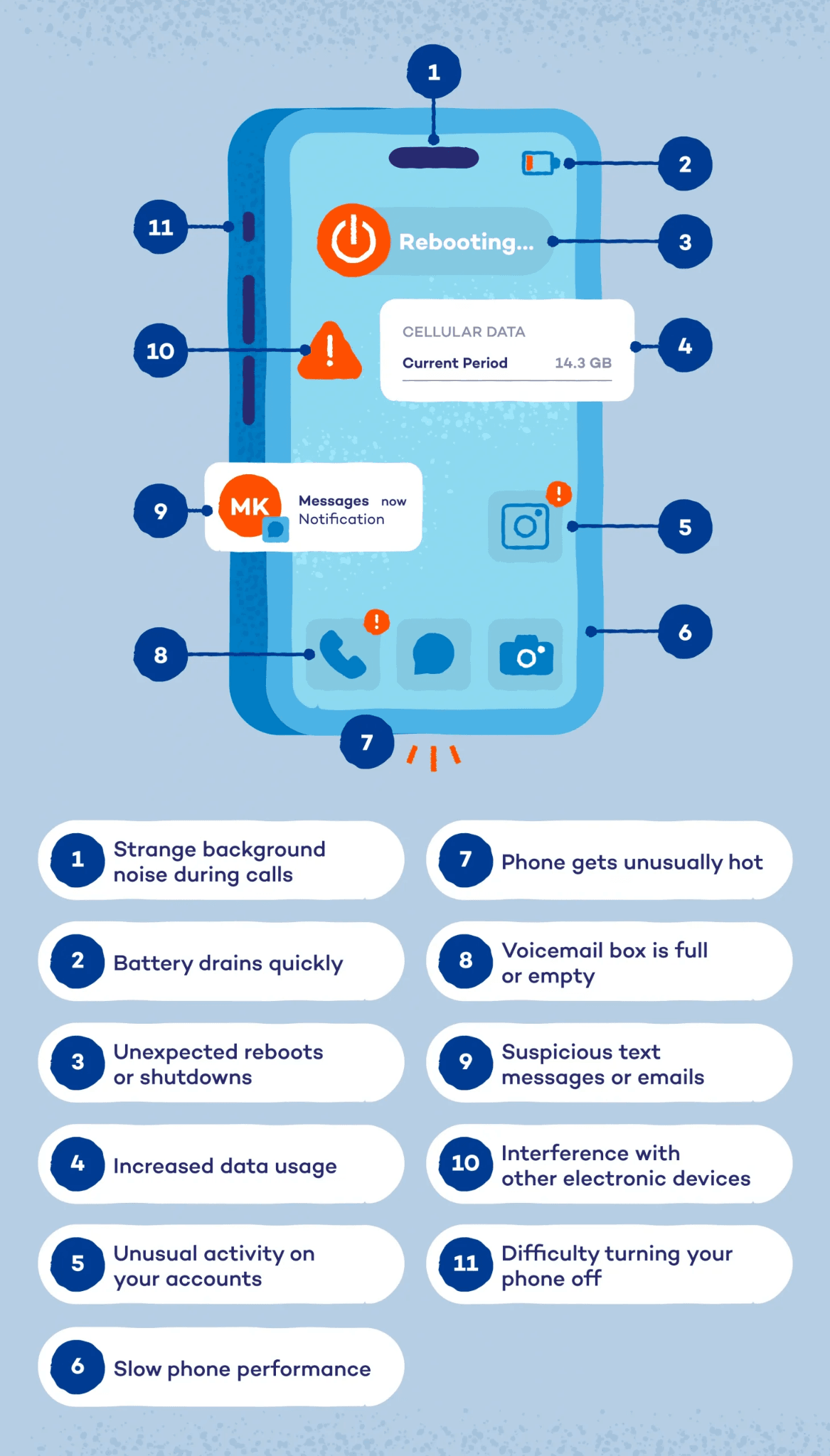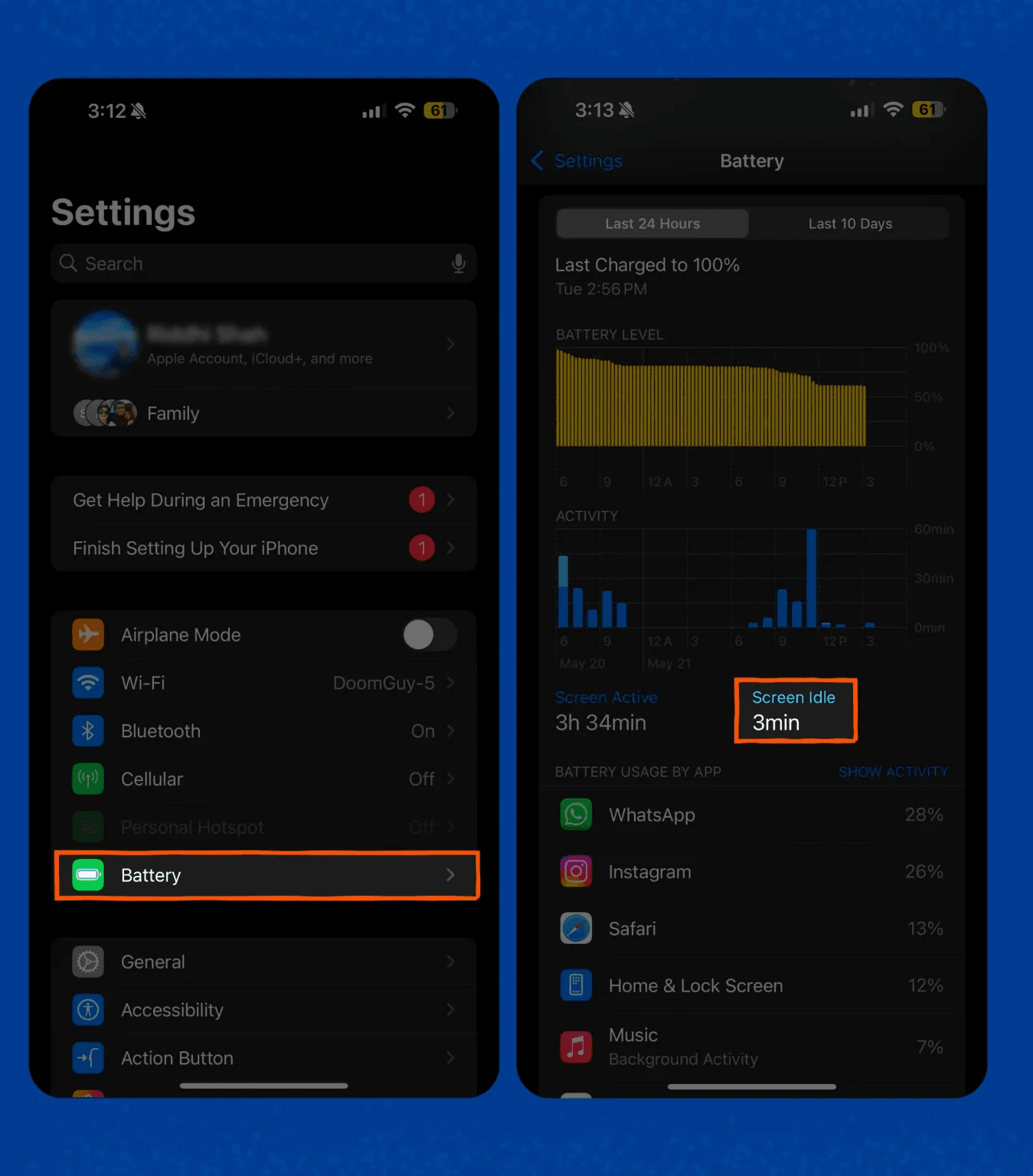business resources
How to Identify and Protect Your Phone from Potential Tapping
23 Sept 2025, 2:33 pm GMT+1
Smartphones are central to modern life, storing sensitive personal and financial information. Panda Security warns that cybercriminals increasingly exploit vulnerabilities to spy on devices, often leaving subtle signs. Recognising these early warning signals is essential to protect your digital security and prevent potential breaches.
In today’s hyper-connected world, smartphones store more than just contacts and photos; they hold passwords, banking details, and private communications. While essential for everyday life, these devices are vulnerable to surveillance and cyber intrusion. Experts at Panda Security highlight that many users remain unaware of the warning signs that indicate their phone may be tapped.
Cybercriminals can monitor devices to access sensitive information, often leaving subtle indicators such as unusual battery drain, unexplained data spikes, or strange noises during calls.
Hervé Lambert, Global Consumer Operations Manager at Panda Security, emphasises, “A tapped phone can compromise a user’s entire digital life. Spotting the signs early and adopting good security practices makes the difference between an isolated incident and massive data theft.”
By recognising these indicators, users can take immediate action to safeguard their personal information and prevent potential financial or identity losses.
Signs of a tapped phone

- Increased Data Usage:
One of the most common signs of a tapped phone is an unexpected spike in data usage. If your data consumption increases significantly without any change in your usage patterns, it could indicate that someone is accessing your browsing history or recording your phone calls in the background. - Rapid Battery Drain:
A phone that drains its battery unusually quickly may be compromised. Spyware and monitoring apps that run silently in the background use up significant power. If your phone’s battery life is significantly shorter than usual, it's worth investigating. - Phone Overheats:
If your phone gets hot even when it is not in use, it could be a sign that hidden software is operating in the background, consuming resources and potentially transmitting data. An unusually warm phone should raise suspicion. - Strange Background Noise During Calls:
Background noise, such as clicks, echoes, or high-pitched tones, during phone calls is a common indicator of phone tapping. These noises may be a result of someone listening in or interfering with your communication. - Unexpected Reboots or Shutdowns:
If your phone randomly reboots or shuts down, it could indicate that spy software is interfering with your device's operating system. Malware can cause instability, leading to frequent restarts or system crashes. - Suspicious Activity on Accounts:
Pay close attention to unusual activities in your accounts, such as unexpected password changes, unfamiliar logins, or suspicious transactions. These activities may be linked to a breach of your phone's security, with hackers gaining access to your personal accounts through the device. - Receiving Suspicious Texts or Emails:
Messages containing random codes, strange symbols, or suspicious links can be signs of an attempt to infect your phone with spyware. These could be command messages sent by an attacker to manipulate or control your device remotely. - Sluggish Phone Performance:
If your phone suddenly starts running slower than usual, with apps crashing, menus lagging, or websites loading slowly, it might be a sign that hidden spyware is draining resources and affecting the overall performance of your device. - Interference with Other Electronics:
If your phone causes nearby electronics, such as speakers or radios, to malfunction or emit static, this could be a sign of interference caused by the spyware monitoring software on your device. Such interference is often a result of signals being transmitted between devices. - Voicemail Issues:
A voicemail box that unexpectedly fills up or empties itself could indicate that someone is remotely accessing your phone and monitoring your messages. Spyware can intercept and delete voicemail messages without your knowledge. - Difficulty Turning Off Your Phone:
If your phone resists powering off, or if it takes a long time to shut down, there may be hidden processes still running in the background. This delay could be due to the spyware sending data to the attacker before the phone completely powers down.
How to check if your phone is tapped
For iPhone Users:
- Remove Unknown Profiles:
Go to Settings > General > VPN & Device Management and remove any profiles you don't recognise. This can help identify if any unauthorised monitoring apps are installed. - Check Data and Battery Usage:
Check your data usage and battery performance in Settings to see if any apps are consuming more than expected. Look for excessive "Screen Off" usage, which could be a sign of background surveillance.

- Use USSD Codes:
Dial *#21# to check if call forwarding is active without your knowledge. If call forwarding is enabled, it could mean that your calls are being redirected to a third party. - Update iOS:
Ensure that your device is running the latest version of iOS to protect against known security vulnerabilities. - Factory Reset:
As a last resort, back up your data and perform a factory reset to wipe out any potential spyware.
For Android Users:
- Check Device Admin Apps:
Go to Settings > Security & Privacy > Device Admin Apps and disable any suspicious apps that may have administrative rights. - Review App Permissions:
Review the permissions granted to apps in Settings > Apps > All Apps. Revoke unnecessary permissions, especially for the microphone, camera, and location tracking. - Monitor Data Usage:
In Settings > Network & Internet, check which apps are using the most data. Unexpected spikes in data usage can indicate spyware activity. - Inspect Running Services:
Enable Developer Options and review running services for any unfamiliar processes that may be using up system resources. - Boot into Safe Mode:
Safe Mode disables third-party apps. If the issues stop in Safe Mode, it's likely that an app you downloaded is responsible for the tapping.
About Panda Security
Panda Security is a global leader in endpoint security products, providing comprehensive protection against cybercrime. A part of the WatchGuard portfolio of IT security solutions, Panda Security initially focused on antivirus software but has since expanded into advanced cybersecurity services.
Panda’s technology helps protect businesses and individuals from evolving online threats, with a range of products designed to prevent data breaches, malware infections, and other cyber threats.
Share this
Shikha Negi
Content Contributor
Shikha Negi is a Content Writer at ztudium with expertise in writing and proofreading content. Having created more than 500 articles encompassing a diverse range of educational topics, from breaking news to in-depth analysis and long-form content, Shikha has a deep understanding of emerging trends in business, technology (including AI, blockchain, and the metaverse), and societal shifts, As the author at Sarvgyan News, Shikha has demonstrated expertise in crafting engaging and informative content tailored for various audiences, including students, educators, and professionals.
previous
Fordeler Kredittkort: Unveiling the Power of Credit Card Benefits
next
Tips for Refinancing a Personal Loan (Refinansiering Kalkulator)